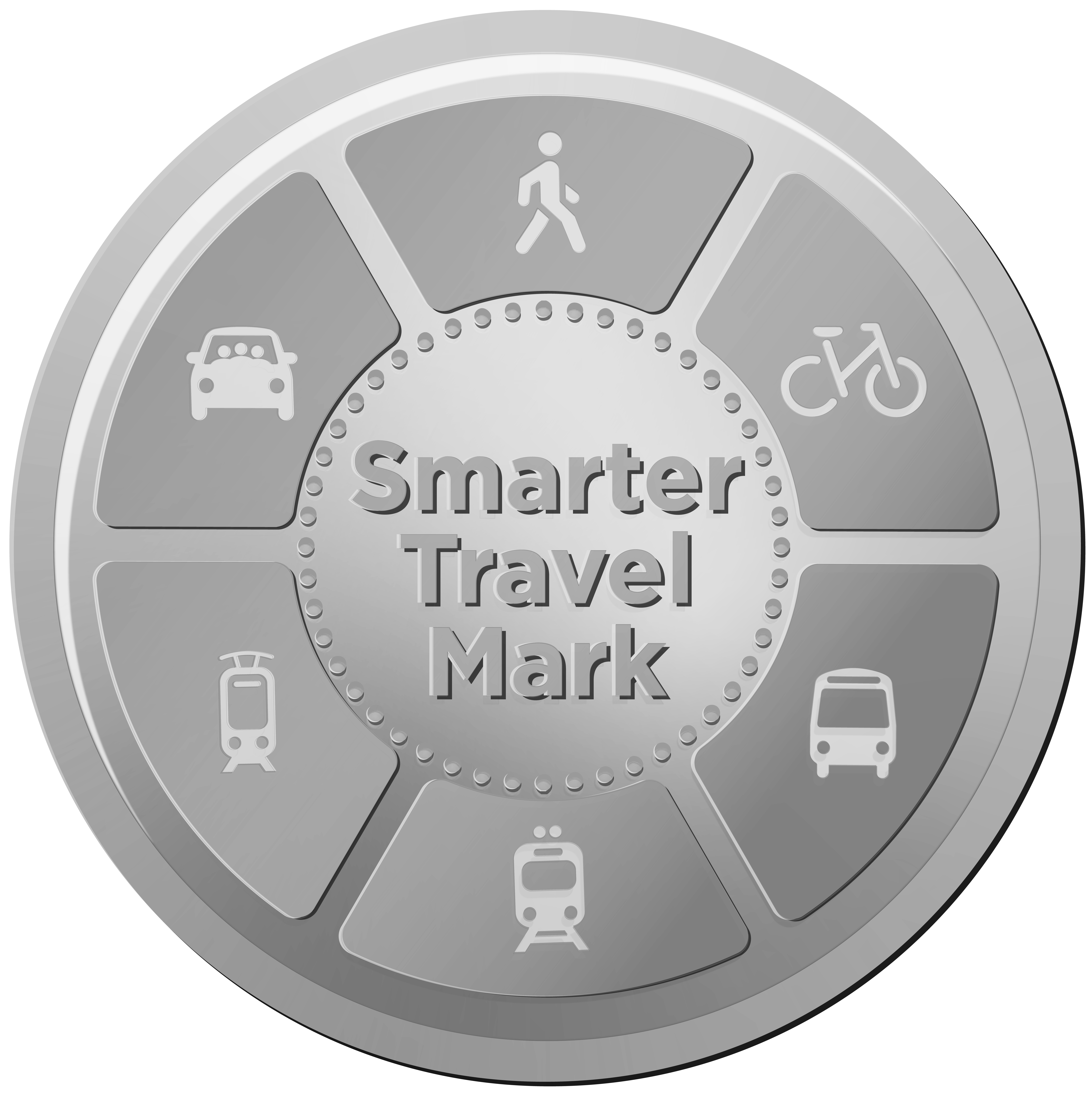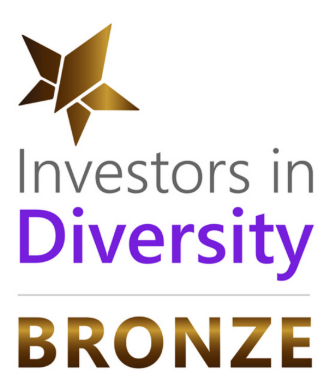QQI launches National Academic Integrity Network
Academic Cheating
Recent years have seen the rise of contract cheating in higher education, both nationally and internationally. Contract cheating often consists of companies, regularly referred to as "essay mills" selling learners bespoke assignments, essays and even theses which learners then submit for assessment as their own work. Companies advertising such services claim that their products are "plagiarism free" in that they are original pieces of work and reassure learners that they are not breaching plagiarism restrictions by using them. Risk of detection is lower as such products are harder (or even impossible) to detect by the anti-plagiarism software commonly used by colleges.
The Irish Context
The facilitation of learner cheating by "essay mills" has been recognised by QQI as a growing threat to the integrity of Irish higher education. On foot of representations by QQI to the Department of Education and Skills, a new provision was included in the Qualifications and Quality Assurance (Education and Training) (Amendment) Act 2018. Section 43a of the Act provides QQI with statutory powers to prosecute those who:
-
assist learners to cheat by completing, in whole or in part, any piece of work required of the enrolled learner for their programme of study, or sit an exam or facilitate the sitting of an exam by someone other than the enrolled learner or provide answers for an exam;
-
advertise cheating services;
-
publish advertisements for cheating services.
The Junior and Leaving Certificate examinations are exempted from the legislation.
National Academic Integrity Network
QQI has established a National Academic Integrity Network, the inaugural meeting of which took place on Thursday 14th November. The network will represent public and private higher and education providers, and learner representatives to:
-
agree common definitions of academic cheating,
-
identify good practice in dealing with cheating and
-
develop methodologies for the reporting and prosecution of instances of cheating within HEIs.
A number of significant exposures of academic cheating in other jurisdictions have come to light in recent years, drawing attention to this new and growing form of cyber-crime which presents a significant threat to academic integrity and overall reputational damage to the Irish education system. This will require a sophisticated and collaborative international response.
The network heard from experts in the area of contract cheating:
Professor Michael Draper, Swansea University, who has published a report on the sharp rise in contract cheating (essay mills) and found that as many as one in seven recent graduates may have paid someone to undertake an assignment for them. Based on this and other research, Professor Draper has called for new UK legislation to tackle this area of academic cheating. Michael also co-authored a report on behalf of the UK's Quality Assurance Agency providing advice to HEIs on how to tackle contract cheating.
Professor Cath Ellis, University of New South Wales (UNSW) is currently conducting research in the area of academic integrity with a particular interest in contract cheating. UNSW was one of 16 Australian universities affected by the MyMaster scandal in 2015 which discovered that 1000 students across the institutions had paid MyMaster to ghost-write their assignments and sit online tests. Cath is leading a project with Turnitin, a technology company that supplies plagiarism detection software, to find better ways to identify instances of cheating that go beyond copy and pasting content.
Next Steps
-
A comprehensive communications campaigns, led by QQI, will target providers, learners, advertisers and publishers to inform them of the new legislation and its implications for them.
-
QQI plans to introduce several enhancement tools and initiatives to support education providers in preventing and dealing with such activity.
-
QQI is also proactively engaged with projects at EU and Council of Europe level in this area to ensure that Ireland is at the forefront of initiatives to collaboratively address the challenges presented by online academic fraud.
-
QQI is currently engaged in an extensive public consultation in relation to the Assessment of Learners and Learning which is very relevant in the context of academic cheating. A Green Paper was published in 2018 and discussion events were hosted separately for the HE and FE sectors. QQI has compiled stakeholder feedback and recently published a response.
-
QQI is also collaborating on an international project involving peer agencies and HEIs on detection and analysis of academic cheating.


